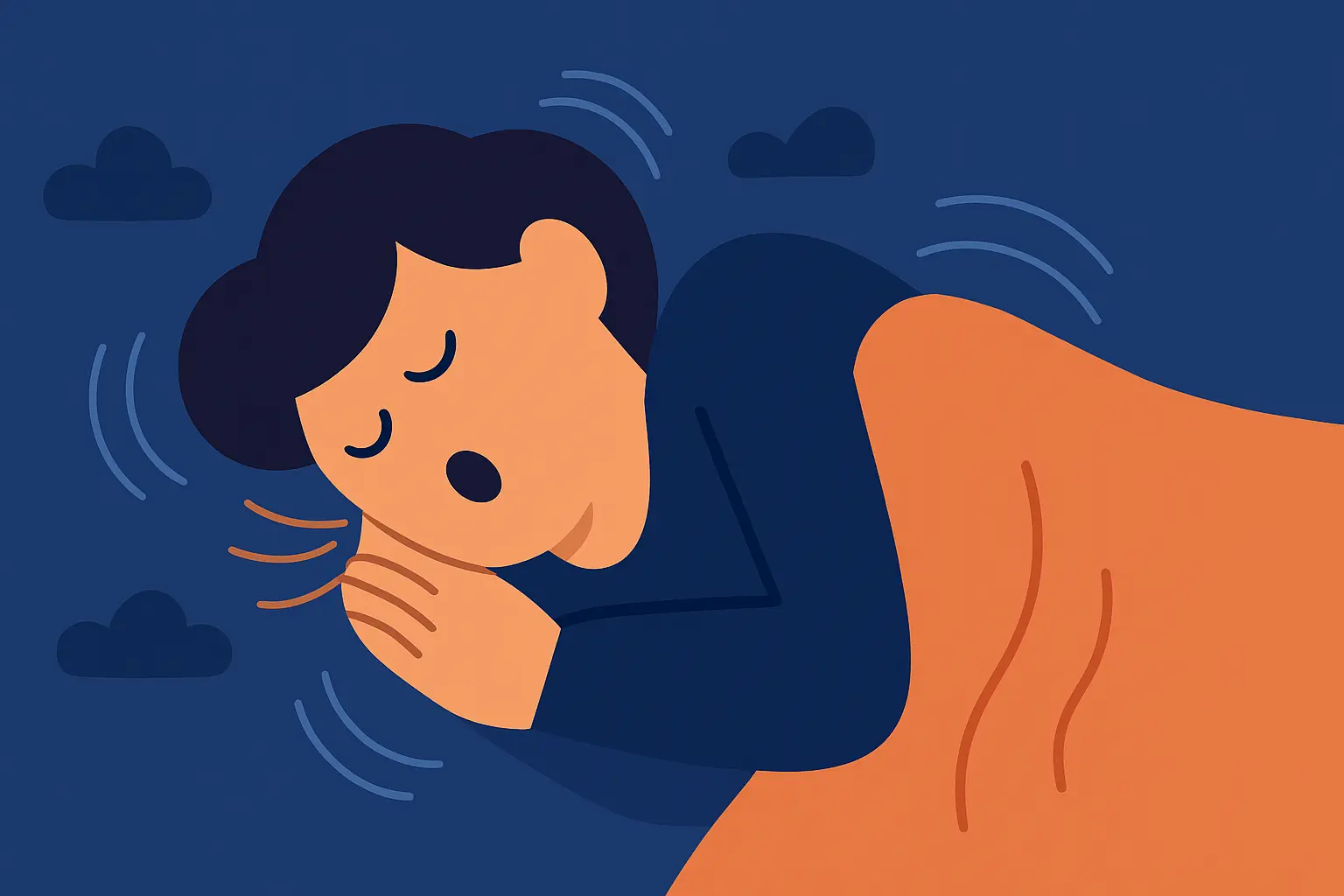Natural Remedies for Restless Nights: Herbs, Sounds, and Habits
Do you ever lie awake, staring at the ceiling, wishing for sleep to just arrive? Restless nights are frustrating, but you don’t always need medication. Nature offers subtle, effective remedies — combined with consistent habits, they can transform your sleep.
Herbal and Natural Sleep Aids
Some herbs and natural compounds can help your body relax:
- Chamomile tea: Mildly sedative and calming for pre-bedtime rituals.
- Valerian root: Supports relaxation and reduces time to fall asleep.
- Lavender aromatherapy: Pleasant scent shown to improve sleep quality.
- Magnesium supplements: Relax muscles and calm the nervous system.
Sound and Environment-Based Remedies
- White noise or nature sounds: Masks disruptive noises and promotes continuous sleep.
- Gentle music playlists: Slow tempo music can lower heart rate and cortisol.
- Dark and cool bedroom: Optimal temperature (65–68°F / 18–20°C) aids melatonin production.
Daily Habits That Boost Sleep
- Consistent sleep-wake schedule: Reinforces your body clock.
- Limit screen exposure: Blue light disrupts melatonin production.
- Mindfulness or meditation: Calms racing thoughts before bed.
- Light evening exercise or stretching: Prepares the body physically and mentally for sleep.
- Avoid heavy meals or alcohol before bed: Prevents disruptions in deep sleep cycles.
Tracking Your Sleep for Insights
Apps like SnailSleep allow you to record sleep patterns, identify factors causing restlessness, and monitor improvements after adopting natural remedies. This makes it easier to understand which habits and interventions work best for you.
Real-Life Example: Mia’s Sleep Transformation
Mia, 29, had trouble falling asleep due to stress from her new job. She started drinking chamomile tea, diffusing lavender oil, and listening to soft nature sounds at night. By tracking her sleep with an app, she noticed her sleep latency decreased by 25%, and she experienced longer deep sleep phases. Within a month, restless nights became rare, and her daytime energy improved.
Small Changes, Big Results
Natural remedies are most effective when combined with consistent sleep hygiene. Even minor adjustments — like a cup of herbal tea, a few minutes of meditation, or a white noise machine — can produce measurable improvements in sleep quality and overall well-being.
When to Seek Professional Help
If insomnia or restless nights persist despite natural remedies and lifestyle adjustments, consider consulting a sleep specialist. Persistent sleep problems may signal underlying issues like sleep apnea or chronic anxiety, requiring professional assessment.
Related Articles
- Tracking Your Sleep with Technology: A Step-by-Step Guide
- Sleep and Mental Health: How Restorative Sleep Protects Your Mind
- Digital Age Insomnia — How Screens Are Stealing Your Sleep

